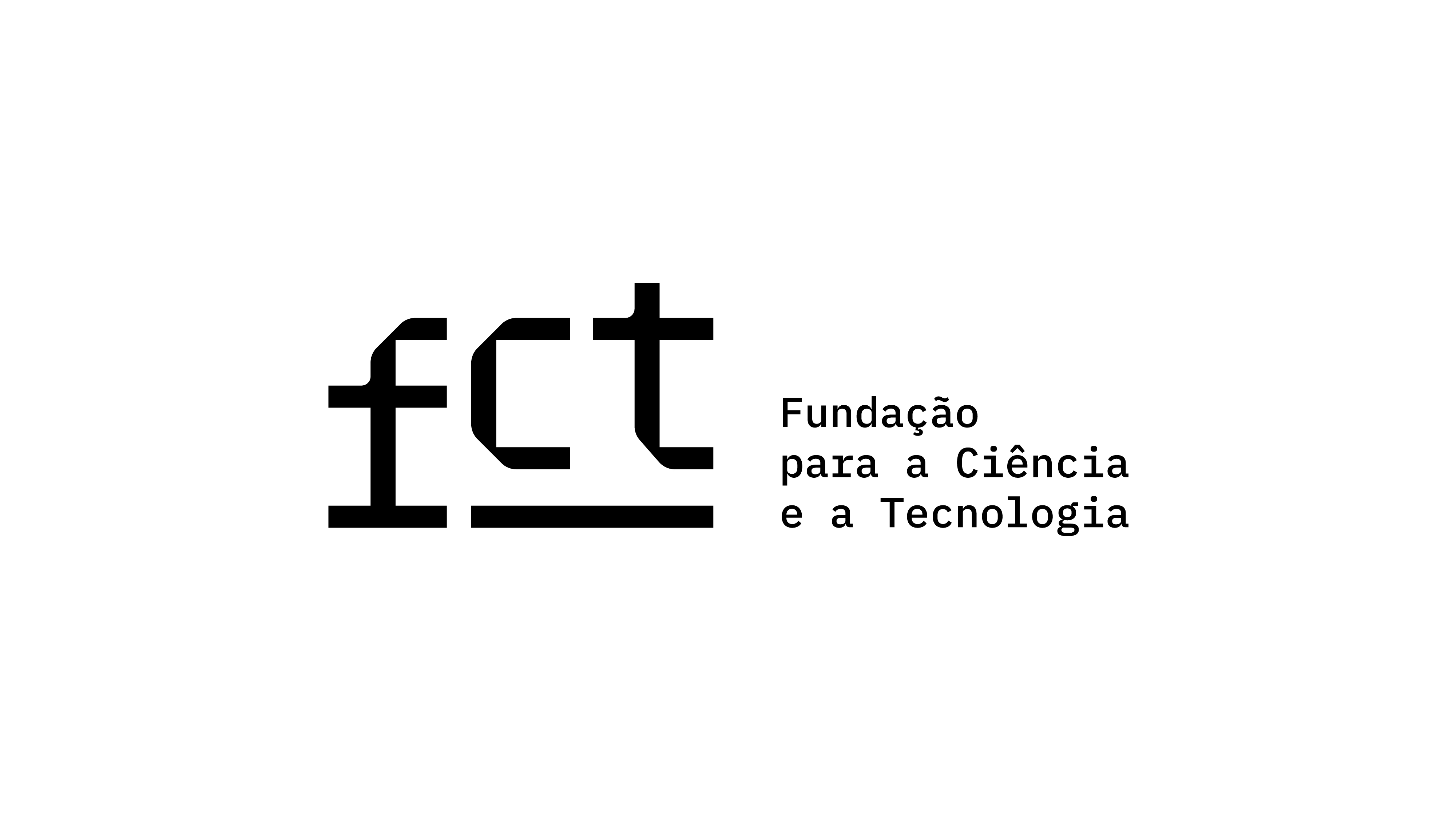
About the Journal
Scope
The Revista Lusófona de Estudos Culturais (RLEC)/Lusophone Journal of Cultural Studies (LJCS) is a thematic journal in cultural studies. It takes a comprehensive approach to the field, promoting new topics and research questions and mapping the transformations in this field of studies. The publication adopts a critical look at how power relations are (re)produced in everyday cultural practices on various scales and dimensions. RLEC's thematic areas include (among others): popular cultural forms and practices; arts and artistic movements; consumer cultures; digital and media culture; postcolonial critique; identities and memory; cultural and scientific politics; gender and sexualities; minority cultures and class relations; culture, power and ideology; creative industries.
The journal was founded in 2013 and edited in a partnership between the University of Minho and the University of Aveiro until 2016. LJCS is now an editorial project of the Communication and Society Research Centre (CECS) of the University of Minho. It has a dedicated and qualified editorial team in cultural studies and is published twice a year (June and December).
Journal Structure
The Lusophone Journal of Cultural Studies welcomes three types of manuscripts (for the thematic section or varia):
- articles;
- reviews (of authored or edited works);
- interviews.
Editorial Policy
The Lusophone Journal of Cultural Studies is an open-access journal, following the highest standards of the peer review system and addressed to national and international scholars and early career researchers. It welcomes manuscripts that contribute to a deeper critical understanding and cultural and academic dialogue between different fields of the humanities and social sciences and the visual and performing arts. It is open to contributions from academics and professionals, providing an open space for interaction.
The LJCS admits proposals of original and unpublished academic manuscripts (including those previously made available in preprints repositories) on topics concerning the calls for papers (if applicable) and the objectives and scope of the journal, in the form of (1) articles, (2) reviews of authored or edited works and (3) interviews for consideration. Contributions should be relevant and accessible to an audience of cultural studies.
The manuscripts may be submitted in Portuguese or English, being always published in both languages
Editorial Process
The journal issues two calls for papers per year. Moreover, authors may permanently submit manuscripts unrelated to the thematic calls, which may be published in the Varia section.
Works submitted to Vista undergo a preliminary assessment regarding their suitability and full compliance with the journal's submission guidelines. The thematic editors and directors will also consider the following criteria: adequacy to the call for papers (if applicable), the journal's objectives and scope, and the presentation of structure and content suitable for a scientific article. Manuscripts meeting these criteria will be sent to reviewers for evaluation.
The journal follows a double-blind review process with at least two reviewers. The reviewers, scholars or professional experts from different institutional and geographical backgrounds will be recruited from the editorial board and, according to the content of the submitted work, from the areas of cultural studies and other social sciences and humanities. The recommendations shall be based on an assessment of the academic quality of the submission, originality and relevance to the call for papers (if applicable), and the journal's objectives and scope.
The decision to publish the works submitted is made by the director and the thematic editors. It will depend on the favourable opinion of two external reviewers, one of whom must be a native speaker of the language of the work. The decision may be:
- publish with no further reviews;
- publish with minor revisions required;
- revisions and resubmission required;
- rejected.
The decision to publish with no further reviews applies to manuscripts that require minor changes but are in all other respects publishable in their original form. Publishing with minor revisions refers to works where the reviewers suggest minor changes to content. Manuscripts recommended for further revision and resubmission require significant content revisions and reassessment. Therefore, works receiving this recommendation are subject to one second round of review with the same two reviewers whenever possible. Only one revision and one resubmission are allowed.
The authors of submitted manuscripts are informed of the editorial decision within 3 months after submission. Authors are informed of the outcome of the review process. Should minor revisions or revisions and resubmission be recommended, they are invited to submit an updated version within 2 to 4 weeks after notification, depending on the changes required.
The manuscripts may be submitted in Portuguese or English, being always published in both languages.
Once accepted, the final version is edited, and, before publication, the proofs are sent to the authors for approval. The authors may be asked to provide any missing information from a formal point of view. At this stage, authors are asked not to introduce any changes to the academic content of their manuscript.
Authors will be informed about the publication.
Authors are charged no fees for handling and submission.
Peer Review Policy
As previously mentioned, the journal follows the double-blind peer review process, and the decision to publish depends on the favourable opinion of two external reviewers. One of the reviewers shall be a native speaker of the language used in the manuscript. The reviewers, academic or professional experts from different institutional and geographical backgrounds, will be recruited from the editorial board and, depending on the content of the submitted manuscripts, within the areas of cultural studies and other social sciences and humanities.
Code of Ethics
The LJCS shares the general principles of best practices and ethical values in scientific research, which are part of the Code of Ethical Conduct of the University of Minho. In line with that code's provisions (pp. 17-18), LJCS deems any conduct that breaches the researcher's integrity is reproachable. The following actions, not exhaustively described, represent breaches to the researcher's integrity and, as such, are imposed sanctions:
- plagiarism;
- the appropriation of others' intellectual creations, protected by the rules of intellectual property, without legal consent;
- data fabrication;
- data falsification;
- the intentional data manipulation to favour a line of work or to satisfy interests that are alien to the scientific truth;
- redundant or duplicate publication, in whole or in part, without explicit reference to the source and the replicated sections.
The LJCS seeks to investigate allegations of plagiarism or misappropriation of works published in the journal. It also strives to protect the journal's reputation against malpractice. Manuscripts submitted are cross-checked using screening software. Should plagiarism be detected, or third-party material be included without prior or timely copyright permission, or if the manuscript's authorship is disputed, or any other malpractice is detected, the journal reserves the right to act, including but not limited to: publishing a retraction or amendment; withdrawing the work from the journal; reporting to academic bodies; banning the author from publishing in the journal or taking appropriate legal action.
Open Access
This journal provides immediate open access to its content on the principle that freely available scientific knowledge provides a greater global knowledge exchange.
The journal allows self-archiving of all versions in institutional repositories for immediate availability.
Data Sharing
The journal encourages authors to make the data supporting their research findings available. Exceptions may be granted to data that might, under any circumstance, compromise the protection, privacy or safety of those involved in the research or any other legal or ethical issue. Such deposit must precede or coincide with submission.
Deposit in a data repository with a plan for long-term preservation of the files and registration of persistent identifiers is recommended. Should you have doubts about the most suitable repository, you can, for instance, refer to the re3data.org portal to choose one that suits your needs, or you can use a generalist repository, such as Zenodo. The University of Minho has a data repository, Data RepositóriUM, where data related to works published in this journal can also be deposited.
Authors are encouraged to follow the best practices on citation and datasets. When applicable, information should be provided on where the data related to the article is located and on what conditions it can be accessed. The DOI, another persistent identifier or URL, should also be provided when applicable.
Example: The data supporting the research findings in this article are available in open access on the Data RepositóriUM at https://doi.org/10.34622/datarepositorium/QUV6OP.
However, this information should not be included in the manuscript to ensure double-blind peer review. You can add the information in the comments section to the editor during the submission process.
Digital Preservation Policy
This journal is digitally preserved through the Public Knowledge Project.
Publisher

Communication and Society Research Centre (CECS) of the University of Minho Campus de Gualtar, 4710-057 Braga– Portugal
Phone: [+351] 253 604 695
Fax: [+351] 253 604 697
Email: cecs[at]ics.uminho.pt
With support from the hosting service for scientific journals of:
Funding
This work is financed by national funds through FCT – Fundação para a Ciência e a Tecnologia, I.P., under funding UID/00736: Communication and Society Research Centre.








